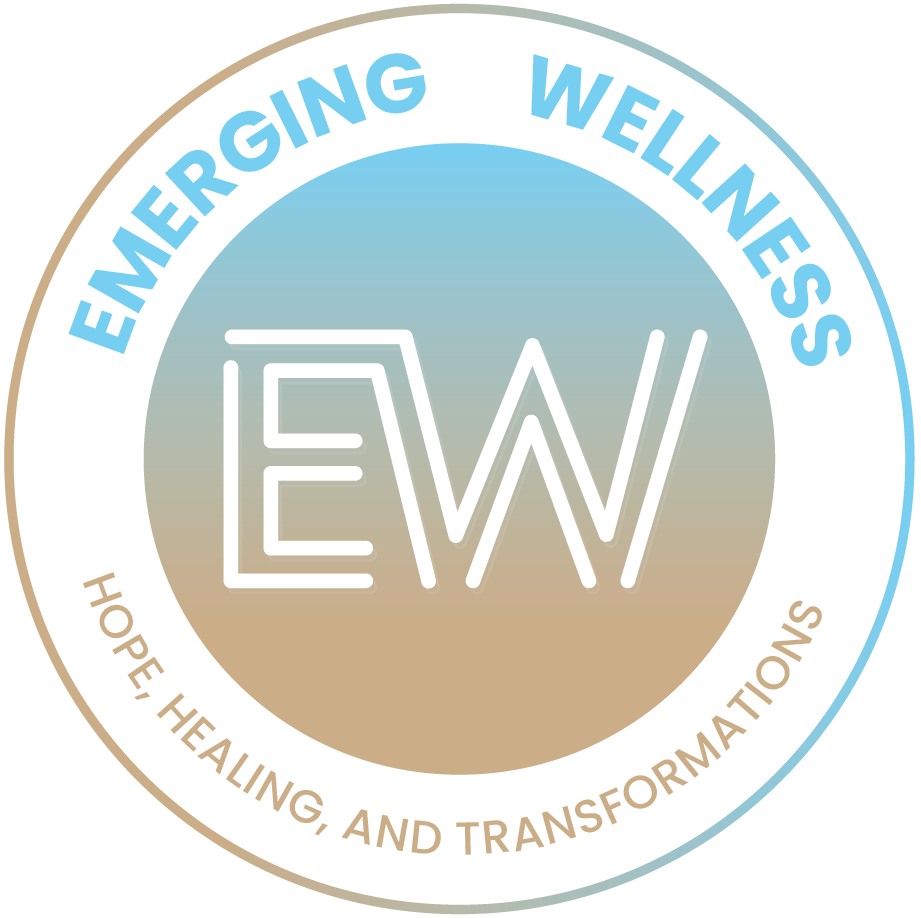- Teen Therapy Online or In-person
Therapy Helps Teens.
Teen therapy offers a nurturing and secure environment where young people can confront the complexities of adolescence. It tackles a variety of concerns, including anxiety, depression, academic stress, and social dynamics. The primary aim is to equip teens with effective coping strategies and foster resilience, all while enhancing their self-worth and communication abilities. Each session is customized to meet the individual’s unique needs, often integrating talk therapy, creative outlets, and mindfulness practices. This transformative journey empowers teens to gain insight into their emotions and cultivate healthier behaviors, paving the way for lasting well-being and personal growth.
Teen therapy serves as an essential lifeline for adolescents grappling with a multitude of emotional, behavioral, and mental health issues. By offering a secure environment, it allows young individuals to confront challenging emotions, cultivate effective coping strategies, and foster healthy relationships. Addressing particular challenges head-on, therapy empowers teens to achieve more balanced and fulfilling lives.

How Therapy Can Help Teens
- Find Calm and Manage Anxiety
Therapy equips teens with the tools to mitigate excessive worry and fear, teaching them effective stress management techniques and relaxation strategies.
- Lift Mood and Overcome Depression
Through therapeutic support, teens learn to cope with feelings of sadness, hopelessness, and low energy, enhancing their mood regulation and overall emotional well-bein
- Sharpen Focus and Master ADHD Challenges
For teens with ADHD, therapy helps strengthen focus, organization, and time management skills, enabling them to navigate academic and daily life more effectively.
- Thrive on the Autism Spectrum
Therapy offers crucial support in developing social skills, communication, and emotional regulation, empowering teens on the autism spectrum to flourish.
- Heal from Trauma
Therapy plays a vital role in helping teens manage the emotional and psychological challenges associated with chronic illness, fostering resilience and self-care practices.
- Build Resilience with Chronic Illness
Trauma-focused therapy is instrumental in guiding teens through the processing and healing of traumatic experiences, promoting emotional recovery and long-term health.
- Resolve Family Conflict and Strengthen Bonds
By enhancing communication and problem-solving within families, therapy alleviates tension and strengthens relationships, leading to a more harmonious home environment.
- Stabilize Mood and Regain Balance
Teens facing mood disorders, such as bipolar disorder, gain invaluable support through therapy, helping them manage mood swings and develop emotional stability.
- Take Control of OCD
Therapy provides structured interventions for teens with OCD, teaching them effective strategies to cope with compulsive behaviors and intrusive thoughts.
Investing in teen therapy is not just about addressing problems — Its also about nurturing growth, resilience, and a brighter future.
At Emerging Wellness, we prioritize a culturally competent and compassionate approach to teen therapy. Our therapists create a welcoming, non-judgmental environment that respects and honors diverse backgrounds, allowing teens to express their thoughts and navigate their unique challenges freely. We employ evidence-based techniques that are thoughtfully personalized to each teen’s individual needs, whether they are facing anxiety, depression, trauma, or other issues.
Our mission is to empower teens to cultivate healthy coping strategies, enhance self-awareness, and build resilience for a brighter future. By fostering a collaborative and inclusive relationship, we ensure the teen and their family feel supported and understood throughout the therapeutic journey. Choose us to embark on a transformative path that celebrates individuality and promotes holistic well-being.
Teen Therapy Common Questions
The most effective therapy for teens truly hinges on their unique needs. Cognitive Behavioral Therapy (CBT) stands out as a powerful tool for addressing anxiety, depression, and various challenges by reshaping harmful thought patterns. Additionally, options such as family therapy or art therapy can provide invaluable support, tailored to the individual’s circumstances, making a significant difference in their journey towards healing.
Engaging teenagers in therapy often starts with giving them a sense of choice and control: involve them in selecting a therapist from a short, vetted list so they feel ownership over the process. Normalize therapy as a routine part of self-care—much like dental check-ups or sports training—and, if possible, mention peers or role models who have benefited from talking to someone. Be patient and stay curious about their why. Lastly, emphasize effort, not attendance.
In a typical teen therapy session, the focus is on meaningful one-on-one conversations between the teen and the therapist. These sessions delve into emotions, thoughts, and behaviors, providing a safe space for exploration and understanding. Incorporating talk therapy, coping exercises, and even creative activities like drawing or journaling, therapy offers invaluable tools for expressing feelings and navigating challenges. Engaging in this process can lead to profound personal growth and improved emotional well-being, making it a powerful option for any teenager seeking support.
Globally, approximately one in seven adolescents aged 10–19 experiences a mental health disorder, with depression, anxiety, and behavioral disorders among the leading causes of illness and disability in this age group.
https://www.who.int/news-room/
Parents play a vital role in offering support and working alongside the therapist to establish treatment goals. Yet, it’s essential to uphold a degree of confidentiality between the teen and therapist to cultivate trust and encourage honest communication.

- Eneziah Walters, LMSW - Psychotherapist
About Me.
I‘m a licensed social worker and immigration evaluation specialist with eight years of experience as a child and family therapist. I specialize in trauma care for those with severe emotional disturbances, providing a safe and supportive environment to address concerns and symptoms. I also conduct mental health assessments. I aim to help clients discover what’s blocking their healing process and guide them toward learning how to heal.
